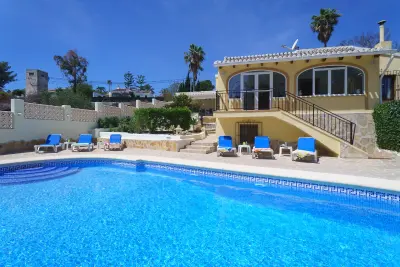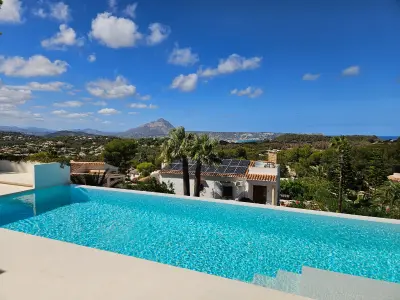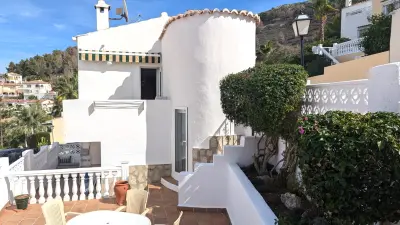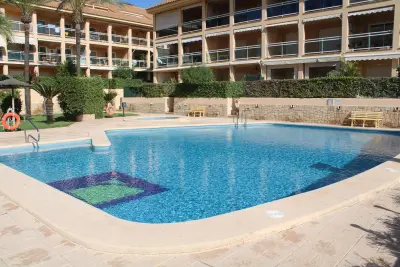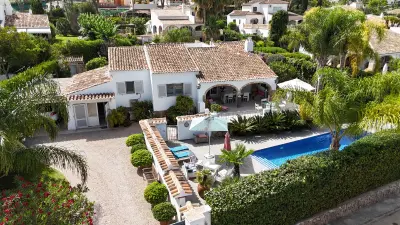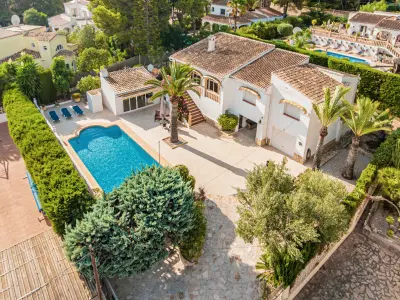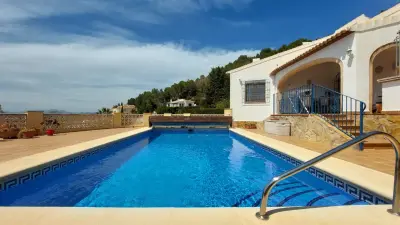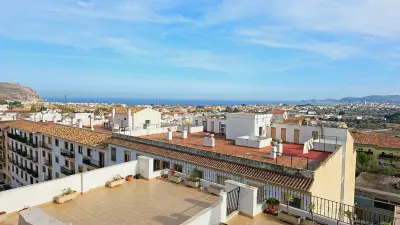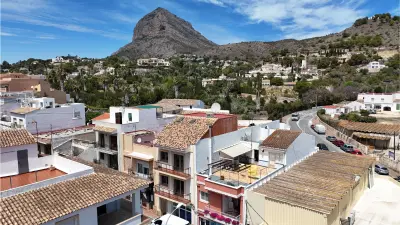Selling Cost
It is very difficult to give an exact idea of the costs related to selling a property mainly because of the uniqueness of the vendor’s situation regarding Capital Gains and Plus Valia tax. Alta Villas recommend vendors to seek advice from an accredited lawyer or tax advisor in advance of selling the property and to continue the use the advisor after completion in order to keep their tax costs to a minimum.
Agents fees/commission - These vary according to the individual agreement the vendor has with the agent but it is typically around 5% plus IVA. It is customary for agent to collaborate with other agents, in which case they will split the commission between them, you would not normally be expected to pay twice.
Capital Gains Tax – for non-residents a 3% retention is withheld by the buyer’s lawyer at Notary - Capital gains tax (CGT) rate for non-EU residents selling assets in Spain in 2016 is 24%, and 20% for EU residents based on a sliding scale of property value. Most vendors have to pay CGT on any profit made after taking into account all properly presented deductions and allowances. Various costs related to buying, selling and improving the property can be off-set against the tax liability but it is essential that relevant documentation is retained to prove these.
For non-residents a 3% retention is withheld by the buyer’s lawyer at Notary to ensure taxes are complied with.
If a vendor has made a profit smaller than said retention then he is entitled to claim back the difference for which there is a deadline (three months). A vendor will require a lawyer’s service to claim back this money as it is not a straightforward procedure. If the profit exceeds the 3% retention, a non-resident will be expected to pay the remainder within three months of the sale.
For fiscal residents, there is no retention but the CGT must be paid by the deadline.
Plus Valia - This is a local/municipal tax that only applies to the increase in value of the land upon which urban properties are built, and that is levied at the time of transfer of such properties. It is calculated on the basis of the valor catastral (an administrative value that is usually lower than the market value) of the property. The amount to be paid will depend on how long the seller has owned the property: the longer the period of time during which the seller has owned the property, the higher the amount of tax.
Energy Efficiency Certificates (EPC’s) - The vendor must provide a registered energy certificate for the property. The price of this is usually dependent upon the size of the property with a standard 3 bed villa costing around 150 € – 250 €.
Cedula - The cédula de habitabilidad, or “habitation certificate or “certificate of occupancy” is a document that is issued by the local town hall to confirm that the properties complied with the necessary legal construction and health and safety requirements. It is valid for 10 years. It is customary for buyers to request this document from the vendor and will usually be completed by the technician or architect that does the energy certificate.
Legal fees - It is advisable to use a lawyer especially if you have made changes to the property without properly registering them on the deeds. If there are any new works (obras nuevas) that need to be registered, the vendor will need to pay any related taxes and registry fees and engage an architect to do the plans. Lawyer’s fees for selling a property should be less than when buying a property and it is advisable to ask for a fixed fee or to be quoted at the beginning.
Notary fees - By law, notary fees in the property sales transaction are attributable to the vendor but, customarily, they are nearly always paid by the buyer. It is important that the pre-sales contract (contrato de arras) sets out exactly who will pay the fees. The fees are calculated in relation to the purchase price declared in the deeds of sale.
Payment of any debts or charges - Any debts or embargoes owed by the vendor and held against the property will need to be cleared.
Currency exchange costs and savings - Banks will often charge to send and receive funds and will very seldom offer a good rate of exchange when exchanging currencies. Alta Villas recommend the use of reputable currency exchange providers who can often save hundreds, if not thousands of euros throughout the purchase and indeed your ongoing living costs.
Removal costs, pet transportation etc - Alta Villas can advise on various ways to organise the removal of your treasured possessions and how to make savings and reduce costs.
Good advice - When buying property in Spain, always keep digital and hard copies of all invoices related to your purchase. Likewise, if you ever do building work on the property once you own it, keep copies of all licences and invoices. You may be able to offset these expenses against capital gains when you sell, and so reduce your Capital Gains tax liability.
Planning ahead is key in order to mitigate tax exposure on selling Spanish property.

